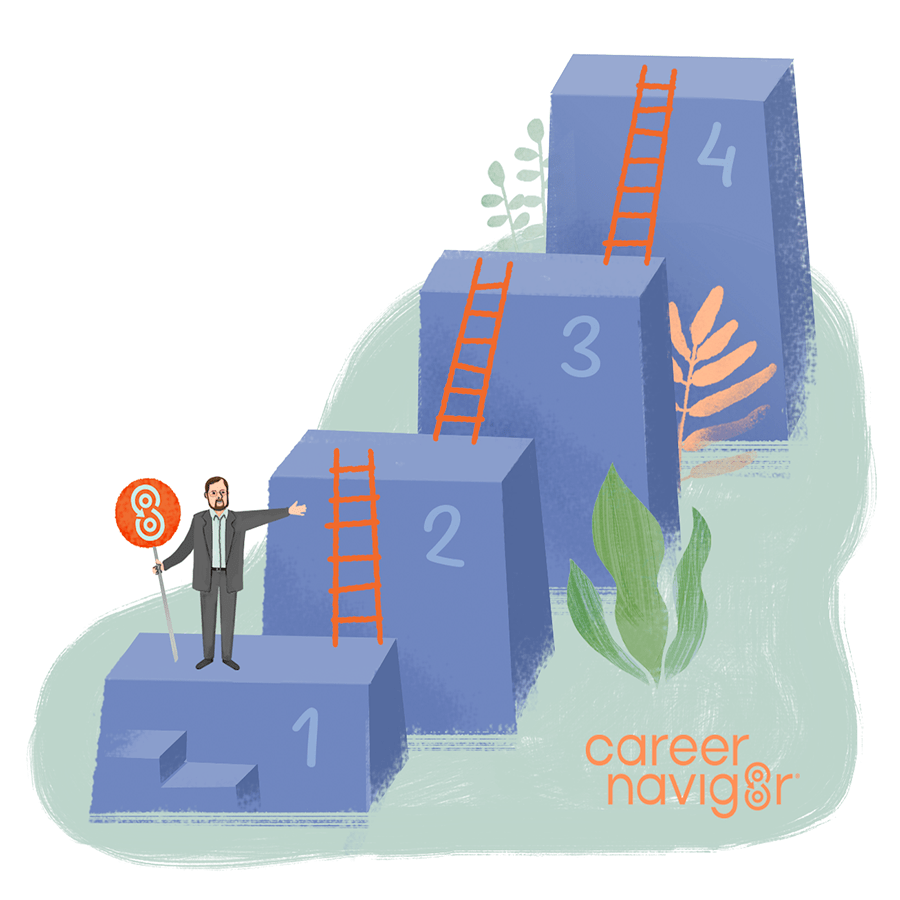4 Tips To Cultivate a Thriving Mentor/Mentee Partnership

As a Mentor, building a strong Mentor/Mentee relationship can be a very effective tool for helping your Mentee to grow and learn. Not only does a good relationship help them to respect and trust your advice but it will also help you to tailor that advice to their specific needs.
That being said, cultivating the right style of Mentor/Mentee relationship can feel daunting and it’s easy to find anxieties creeping in. That’s why we’ve put together this list of four simple tips that you can use to ensure that your Mentor/Mentee relationship thrives.
Clearly Define Your Goals
Being a Mentor is all about helping someone else achieve a major life goal and the first step towards achieving any large goal is to break it down into smaller chunks. Defining smaller goals lets you build a roadmap and keep a sense of perspective in mind, whilst also ensuring that the work you’re doing together is always on track.
On the surface this is an effective tool for ensuring productivity but more than that, defining goals will also help to reinforce that all-important sense of trust. After all, as your Mentee hits their goals they’ll get a feeling of progress, all thanks to the advice and guidance you were able to provide.
2. Establish Regular Check-Ins

Career goals are a lot like fitness goals.
Everyone knows that fitness doesn’t happen overnight. When you’re in the gym, you may feel the temptation to push beyond your limits and see how far your body can go but the reality is that one wild gym session can never compare to the value of persistent, consistent training.
The same is true for career development and that’s why consistency is the key to success.
With their clearly defined goals in place, your Mentee may be tempted to try to solve all of their problems at once and while that enthusiasm is commendable, as a Mentor, you can help a lot by bringing them back down to earth, so to speak. With the benefit of regular check-ins, you can help to set realistic expectations and time-frames. If/when that enthusiasm wanes, you can also be there to reinforce their progress by showing them how far they’ve come.
3. Be Open and Willing to Learn
As the Mentor in your Mentor/Mentee relationship, it’s easy to get into the mindset that you’re simply here to provide information and/or guidance but the best Mentors learn while they teach. Not only does Mentoring give you a chance to revisit the fundamentals of your subject with the benefit of experience and rethink assumptions you may have made over the years, but it’s also an opportunity to understand what you do from a beginner’s perspective.
The truth is that we all learn in our own ways and the best teachers are those who find methods of communication that work for their students. It’s the same with Mentors, so don’t be afraid to experiment with how you get information across. You might even find that by coming up with a new way to explain what might seem like a basic truth to you, you come to see it from a new perspective and ultimately improve your own skills along the way.
4. Taking Initiative in Your Mentorship
People love proactivity. We naturally gravitate towards those who take initiative and are willing to go out and get things done themselves. If you want your Mentee to respect you then taking initiative is a great place to start.
That being said, proactivity is about more than just getting along with your Mentee or developing their respect – though both of these things are important. There’s something deeply inspirational about someone who’s willing to go out and get things done and, at the end of the day, that’s the attitude that you really want to encourage in your Mentee. They say the best way to lead is by example, so if you want to push your Mentee to learn how to solve their own problems and take initiative then start by showing them how it’s done.
Is there a problem your Mentee is consistently having trouble with? Why not arrive to your next meeting with a list of potential solutions? Have they been struggling to find the best resources to help them build their skills? Have you considered taking them through your process for finding resources and showing them how it’s done?
At the end of the day, the best Mentor/Mentee relationships are the ones built on mutual trust and respect. If you’re ready to guide someone through the ins and outs of your job role and share the knowledge that only you can, then start today by signing up for free with CareerNavig8r.com.


